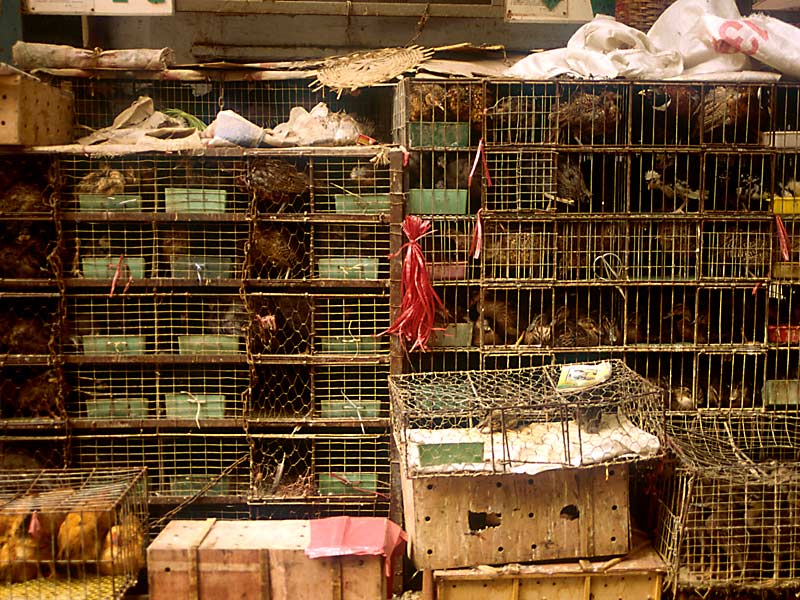


Wet markets are perfect breeding grounds for pathogens that can jump from animals to humans.
By Reynard Loki, Independent Media Institute
7 min read
The exact origin of the coronavirus called SARS-CoV-2, which started the COVID-19 pandemic, is still unclear. Early reports suggested that the virus jumped from an animal to a human at Wuhan’s Huanan Seafood Wholesale Market, a “wet market” that sells live animals. Today, the international team of scientists assembled by the World Health Organization (WHO) published their report of their recent visit to Wuhan to investigate the source of the virus and confirmed the “zoonotic source of SARS-CoV-2.”
“Evidence from surveys and targeted studies so far have shown that the coronaviruses most highly related to SARS-CoV-2 are found in bats and pangolins, suggesting that these mammals may be the reservoir of the virus that causes COVID-19,” the WHO report states. “In addition to these findings, the high susceptibility of mink and cats to SARS-CoV- 2 suggests that additional species of animals may act as a potential reservoir. … Several samples from patients with exposure to the Huanan market had identical virus genomes, suggesting that they may have been part of a cluster.”
Virologists believe that these sites, which bring together a variety of live animals into close contact with humans, are ideal places for this sort of interspecies viral transmission. In 2002, for example, scientists identified the severe acute respiratory syndrome (SARS) coronavirus in Himalayan palm civets, a small mammal, in wet markets in Shenzen in southern China. SARS-CoV-2 is a strain of SARS.
“While there remains a need for more investigation, we are not surprised about the wildlife origin referenced in the report and we know enough to act now to reduce risks of future zoonotic pandemics,” said Dr. Christian Walzer, chief global veterinarian of the Wildlife Conservation Society, in a press statement. “Some 60 percent of emerging infectious diseases reported globally are zoonoses, causing about 1 billion cases of human illness and millions of deaths every year. Of the more than 30 new human pathogens detected in the last three decades, 75 percent have originated in animals. Importantly, research has shown zoonotic-origin pathogens increase along the supply chain from source to market.”
Wet markets are “unique epicenters for transmission of potential viral pathogens, [where] new genes may be acquired or existing genes modified through various mechanisms such as genetic reassortment, recombination and mutation,” according to a paper written by a team of microbiologists from the University of Hong Kong and published in the journal Current Opinion in Infectious Diseases in 2006. They add that these markets, “at closer proximity to humans, with high viral burden or strains of higher transmission efficiency, facilitate transmission of the viruses to humans.”
“Once you walk into one of these places, it’s quite obvious why they’re called wet markets,” said Jason Beaubien, NPR’s global health and development correspondent, on the radio station’s “Morning Edition” show last year. “Live fish in open tubs are splashing water all over the place. The countertops of the stalls are red with blood as fish are gutted and filleted right in front of the customers’ eyes. There are live turtles and crustaceans climbing over each other in boxes. Melting ice adds to the slush on the floor. So things are wet.”
In January, Rep. Mike Quigley (D-IL) and Fred Upton (R-MI) reintroduced bipartisan legislation to address the public health risks posed by wildlife markets, called the Preventing Future Pandemics Act (H.R. 151). The bill “prohibits importing, exporting, purchasing, or selling live wild animals in the United States for human consumption as food or medicine.”
It also directs the Department of the Interior to “hire, train, and deploy at least 50 new U.S. Fish and Wildlife Service law enforcement attachés around the world.” Additionally, the bill obliges the United States to work with other members of the United Nations toward instituting a global ban on commercial wildlife markets and enforcement of wildlife trafficking laws. A companion bill, S. 37, was introduced into the Senate by Senators Cory Booker (D-NJ) and John Cornyn (R-TX).
“For the sake of our health, our economy, and our livelihoods, preventing the next pandemic before it starts is perhaps the most important thing we must do,” said Rep. Quigley. “We were thrilled with the robust, bipartisan support the bill received last year and we’re committed to building on that momentum to see this bill become law.”
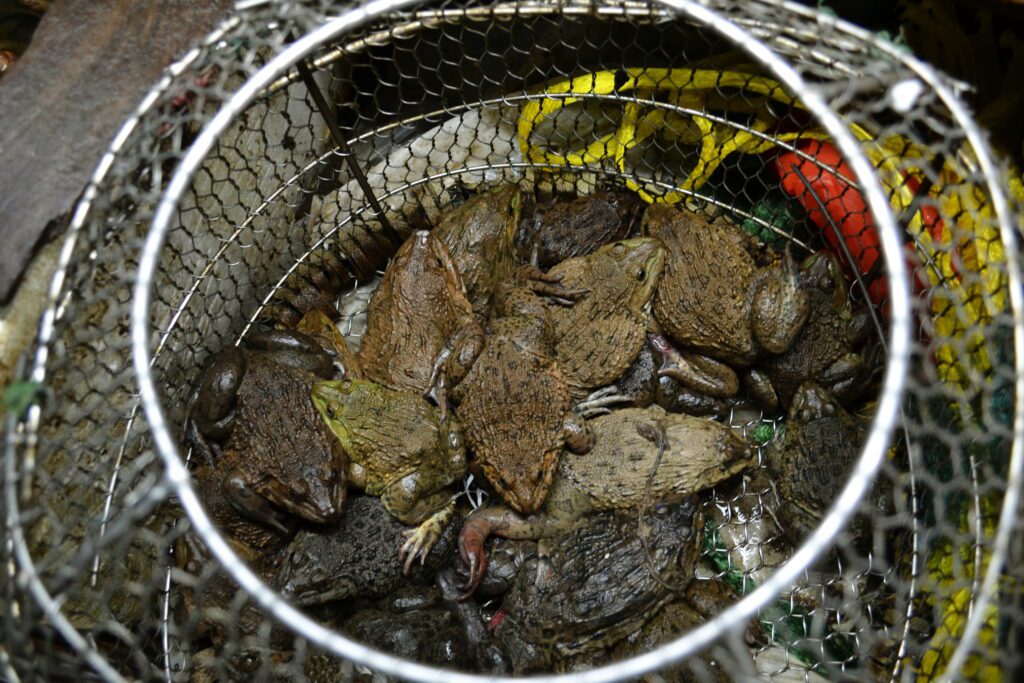
In addition to their threat to public health, wet markets are sites of extreme pain and suffering for so many animals. “Wild animals sold in commercial wildlife markets endure extreme stress and unsanitary conditions before being slaughtered,” according to the Animal Legal Defense Fund, a nonprofit based in Cotati, California, that works to pass state and federal legislation supporting animal rights. “As the world continues to grapple with COVID-19, our continued exploitation of animals and our environment is fueling the next pandemic. Shutting down commercial wildlife markets—and the international wildlife trade—is critical both to reducing the risk of novel zoonotic disease and animal suffering.”
“We must acknowledge the basic tenet that the more we destroy and intrude on nature, the more likely zoonotic spillovers will occur,” said Dr. Walzer. “Zoonotic spillover events and subsequent outbreaks are inevitable, as the interfaces between wildlife and humans increase, primarily due to deforestation and agricultural expansion.”
The cruelty to animals witnessed at wet markets points to a deeper, ethical concern about how we view and treat other species. In November 2020, during an interview with Euronews, Jane Goodall, the renowned British primatologist and ethologist, said that “we, in part, brought [COVID-19] on ourselves by our disrespect of nature and our disrespect of animals.”
She added, “We push animals into closer contact with humans. We hunt them, eat them, traffic them, sell them as exotic pets around the world, we put them in factory farms in terrible close conditions and all these situations can lead to an environment where a pathogen, like a virus, can jump from an animal to a person, where it may cause a new disease like COVID-19.”
- Urge your U.S. representative and senators to co-sponsor the Preventing Future Pandemics Act.
Cause for concern…
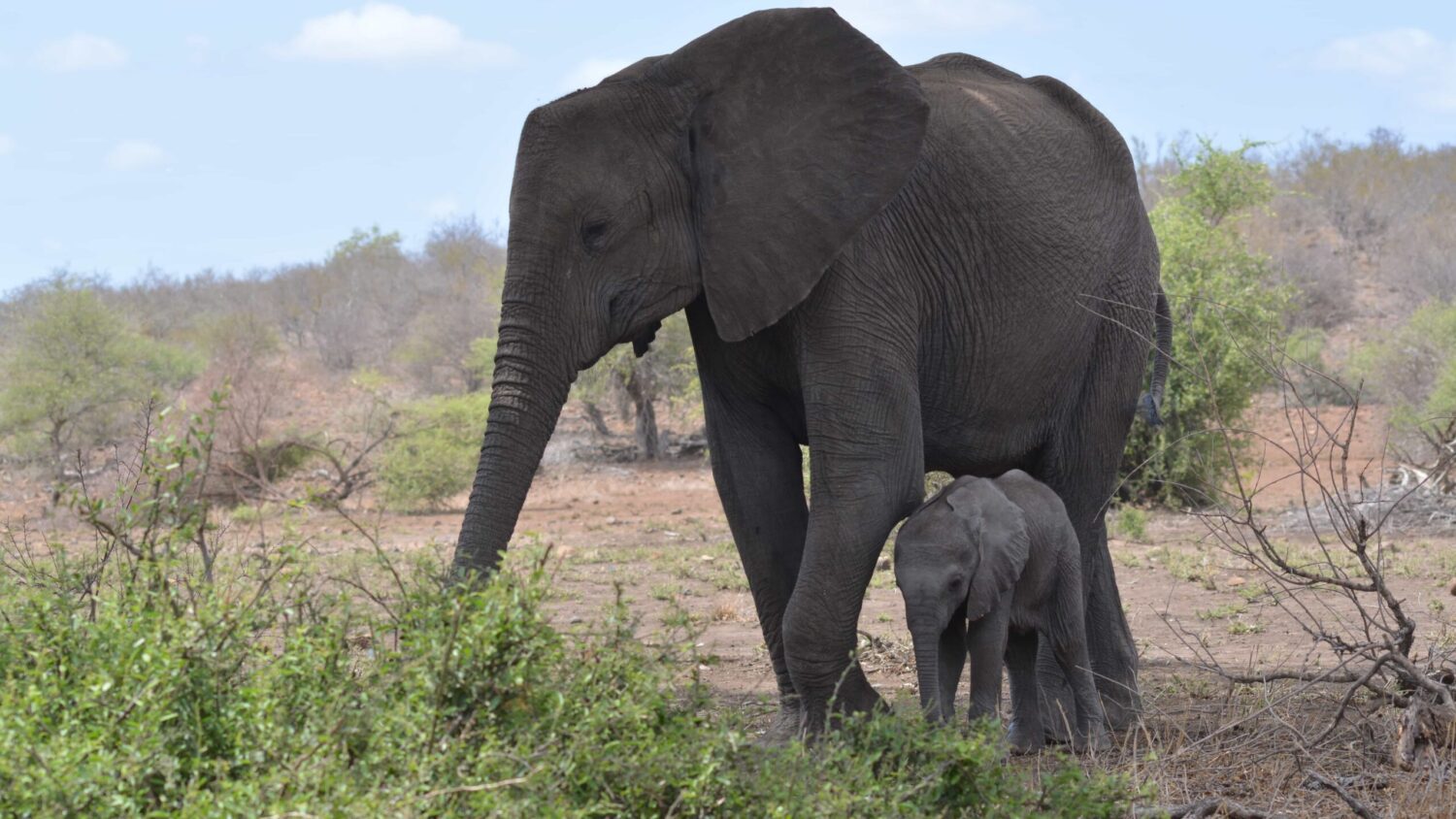
“[P]opulations of Africa’s savanna elephants found in a variety of habitats had decreased by at least 60% over the last 50 years while the number of forest elephants found mostly in Central Africa had fallen by 86% over 31 years,” reports Emma Farge for Reuters.
- African elephants face growing risk of extinction (Emma Farge, Reuters)
- Big banks’ trillion-dollar finance for fossil fuels ‘shocking’ — report (Damian Carrington, The Guardian)
- Riders are abandoning buses and trains: That’s a problem for the climate (Somini Sengupta, Geneva Abdul, Manuela Andreoni, and Veronica Penney, The New York Times)
- Indigenous anti-dam activist killed in Honduras (Associated Press)
- Deer can catch and spread COVID-19 (Dave Hurteau, Popular Science)
Round of applause…
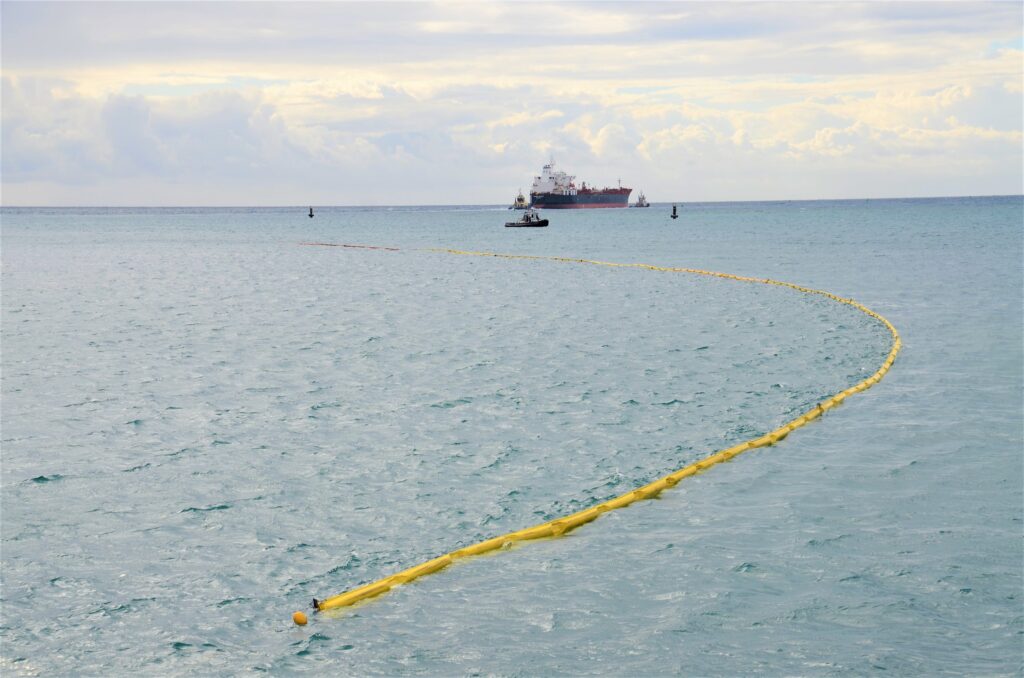
“The Biden administration handed environmental justice advocates a major victory on Thursday when it announced it was withdrawing a key pollution permit for an oil refinery in the U.S. Virgin Islands that locals say has long fouled their air and water and endangered their health,” reports Kristoffer Tigue for Inside Climate News.
- Biden EPA yanks permit for St. Croix refinery over environmental justice (Kristoffer Tigue, Inside Climate News)
- Supreme Court won’t hear challenge to Obama marine monument designation (Rachel Frazin, The Hill)
- Conservationists sue to save spotted owl logging protections (Gillian Flaccus, Associated Press)
- Ad agencies step away from oil and gas in echo of cigarette exodus (Tiffany Hsu, The New York Times)
- 5 ways to help save pollinators with citizen science (Eric Betz, Discover)
Parting thought…
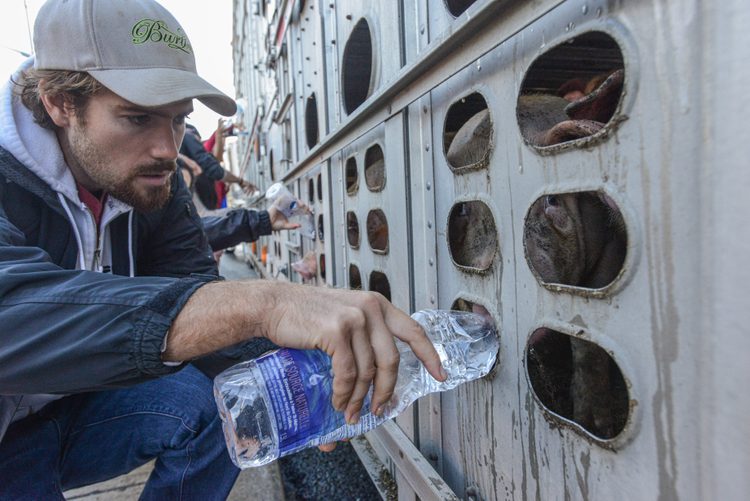
“True compassion means not only feeling another’s pain but also being moved to help relieve it.” —Daniel Goleman
Reynard Loki is a writing fellow at the Independent Media Institute, where he serves as the editor and chief correspondent for Earth | Food | Life. He previously served as the environment, food and animal rights editor at AlterNet and as a reporter for Justmeans/3BL Media covering sustainability and corporate social responsibility. He was named one of FilterBuy’s Top 50 Health & Environmental Journalists to Follow in 2016. His work has been published by Yes! Magazine, Salon, Truthout, BillMoyers.com, EcoWatch and Truthdig, among others.
Earth | Food | Life (EFL) explores the critical and often interconnected issues facing the climate/environment, food/agriculture and nature/animal rights, and champions action; specifically, how responsible citizens, voters and consumers can help put society on an ethical path of sustainability that respects the rights of all species who call this planet home. EFL emphasizes the idea that everything is connected, so every decision matters.
Click here to support the work of EFL and the Independent Media Institute.
Questions, comments, suggestions, submissions? Contact EFL editor Reynard Loki at [email protected]. Follow EFL on Twitter @EarthFoodLife.